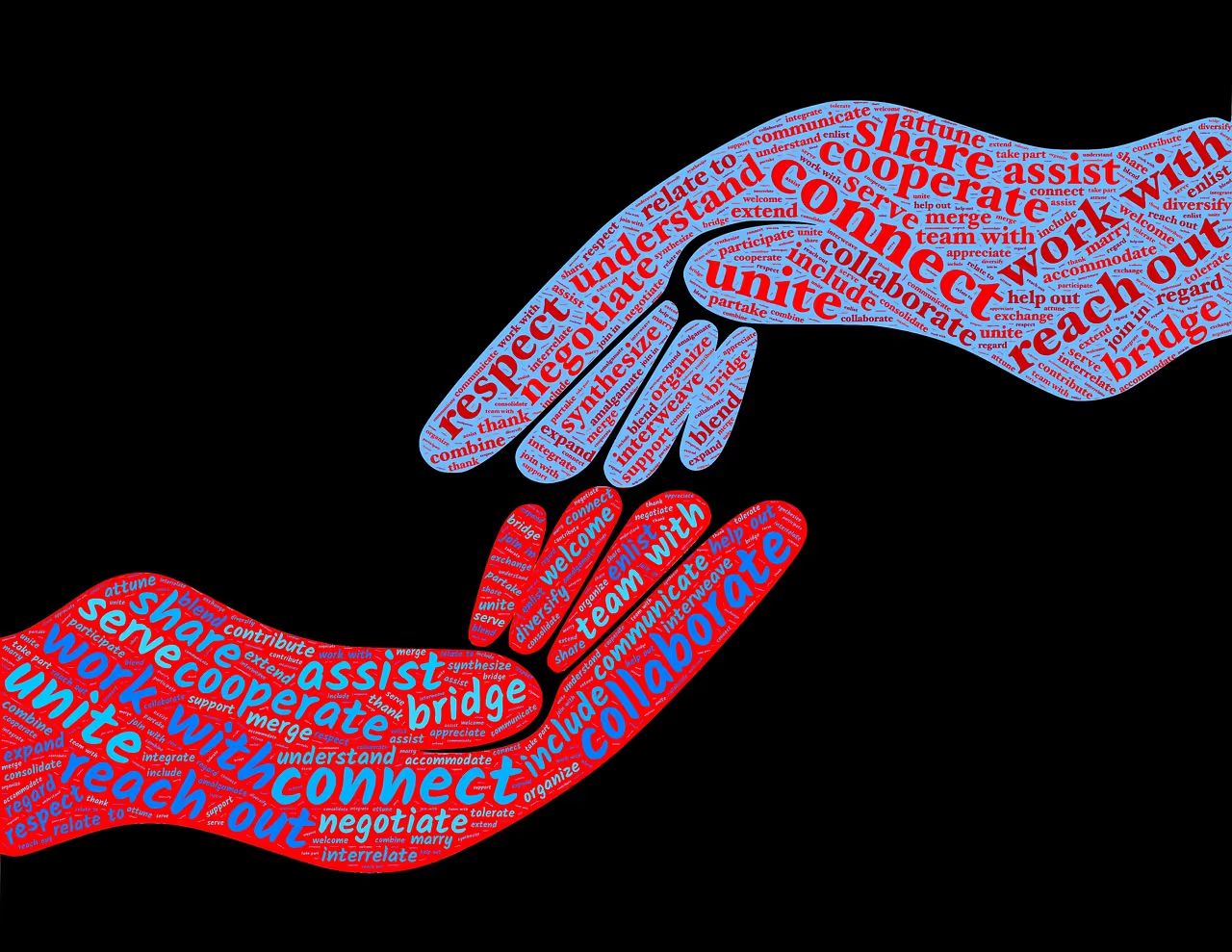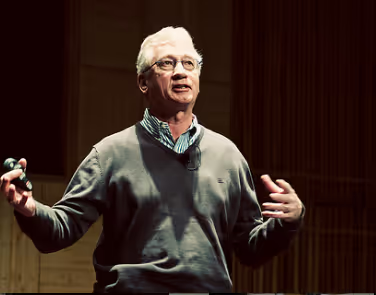Category: Morality
Events:

May 16, 2024
Examined Lives: Disgust (Session 44)
The initial function of disgust was to avoid exposure to pathogens, but evolved to also regulate our sexual activity, morality and social interactions
Articles:

November 30, 2023
Moral Rigidity Evolved to Strengthen Bonds Within Groups
Moral rigidity and its intimate link to in-group boundaries may have evolved so as to make us behave, and be seen, as trustworthy yet cautious team members in social environments mired by intergroup competition.

May 23, 2018
Is There a Universal Morality? Introduction and Overview of Responses
TVOL is pleased to explore the question “Is there a universal morality?” with the help of philosophers and scientists at the forefront of studying morality in light of “this view of life”. Our fifteen essayists provided a surprising diversity of answers to the question.

May 17, 2018
Universal morality is obscured by evolved morality
Evolved morality not only obscures universal morality but also creates an aversion to improvements to humans that would align our intuitions with actions that promote sentient well-being.

May 17, 2018
Are Large-Scale Societies Outliers When It Comes To Core Elements Of Moral Judgment?
Most comparative studies of human moral judgment have been restricted to large-scale, industrialized populations, but critical tests of putative universals must include small-scale societies.

May 17, 2018
On Morals, Rituals, and Obligations
“… breach of obligation may be ‘one of the few, if not, indeed, the only act that is always and everywhere held to be immoral’.”

May 17, 2018
Why It’s Unwise to Deny Moral Universals
You don’t need much in the way of normative assumptions to convert facts into values. Consider the assertion: "All else being equal, more wellbeing is better than less." Who could object? It’s all but definitionally true.

May 17, 2018
A Universal Principle Within Morality’s Ultimate Source
Properly understood, morality is not a burden; it is an effective means for increasing the benefits of cooperation, especially emotional well-being resulting from sustained cooperation with family, friends, and community.

May 17, 2018
Is there a universal morality?
“…ethics has to do with how to arrive at as harmonious social interactions as it is humanly possible.”

May 17, 2018
Our Modern Moral Predicament
The outer limits of moral possibility are established by the emotional tendencies that prepare us to be morality-making beings.

May 17, 2018
Seven Moral Rules Found All Around the World
Morality is always and everywhere a cooperative phenomenon.

May 17, 2018
Moral Universals, Moral Particulars and Tinbergen’s Four Questions
Tinbergen’s four questions apply to any variation-and-selection process, including but not restricted to genetic evolution. Accordingly, they can be insightful for the study of moral universals and particulars as products of human genetic and cultural evolution.

May 17, 2018
Moral Disagreement is Universal
We can find a path to moral consensus by focusing on our shared concerns for people’s welfare, rather than contentious and divisive moral principles.

May 17, 2018
Do Universal Moral Intuitions Shape and Constrain Culturally Prevalent Moral Norms?
Universal moral intuitions are like anchors, invisible from the surface but immovably secured to the seabed, whereas culturally prevalent moral norms are like buoys on the surface of the water, available to direct observation.

January 12, 2018
Religious Epigenetics
How can conservative and progressive Christian denominations churches be so different from each other, despite sharing the same sacred text? For the same reason that skin and liver cells can be so different, despite sharing the same DNA.

January 5, 2016
Social Darwinism, A Case of Designed Ventriloquism
The study of social Darwinism in the 19th century shows us when our inner desires are structured in a complete, totalizing, and perfect way that provides continuity and stability to the nation, this is always done at the expense of science.

February 4, 2014
Why Sam Harris is Unlikely to Change his Mind
Jonathan Haidt analyzes the shortcomings of human reasoning and bets $10,000 that Harris will not be swayed by reason alone.The New Atheist Sam Harris recently offered to pay $10,000 to anyone who can disprove his arguments about morality. Jonathan Haidt analyzes the nature of reasoning, and the ease with which reason becomes a servant of the passions. He bets $10,000 that Harris will not change his mind.

October 29, 2013
Profiles In Evolutionary Moral Psychology: Jonathan Haidt
What novel insights can evolutionary approaches provide about human morality? What novel insights can evolutionary approaches provide about human morality? Jonathan Haidt describes his work and inspirations for understanding six universal moral foundations and the ecstasy of self-transcendence (transpersonal identification) common in religious and spiritual experiences.

September 5, 2013
Would Abandoning Moral Foundations Make For A Better Society?
Are there ‘bad’ kinds of moralizing?Are there ‘bad’ kinds of moralizing? If so, does understanding morality as the product of evolutionary processes (of the biological and cultural kind) reveal why ‘bad’ moralizing has so persistently existed and allow us to sort out the ‘bad’ from the ‘good’?

July 16, 2013
Why Evolutionary Science Is The Key To Moral Progress
Given that morality is so important, you’d think we’d want to make sure that we were doing it right.Given that morality is so important, you’d think we’d want to make sure that we were doing it right. That is, you’d think that we would insist on knowing why we have the beliefs that we have, how those beliefs came into being, who they benefit, and where they are likely to lead us.

March 30, 2013
Primatologist Frans de Waal Responds To His New Atheist Critics
Atheism will need to be combined with something else, something more constructive than its opposition to religion, to be relevant to our lives.Atheism will need to be combined with something else, something more constructive than its opposition to religion, to be relevant to our lives
our newsletter
































